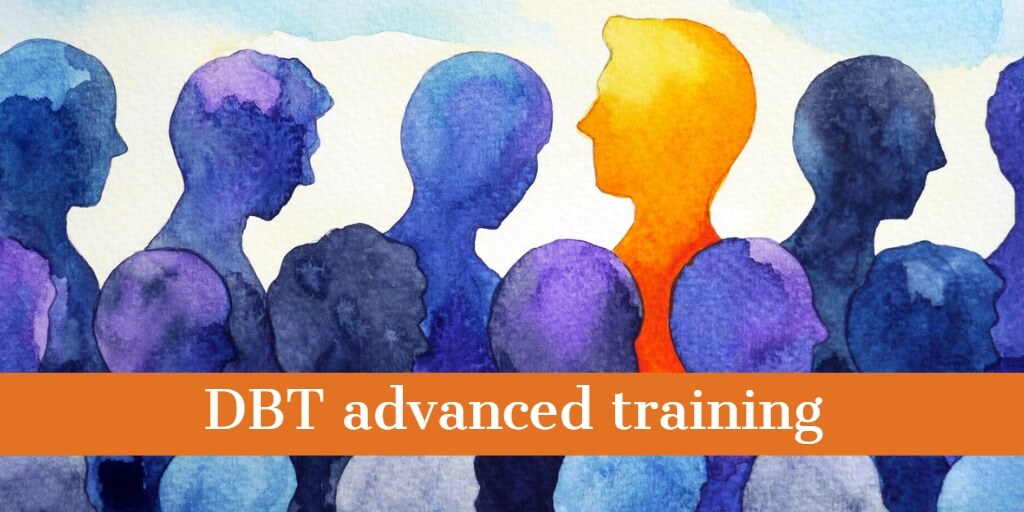Dialectical behaviour therapy (DBT) advanced training: Formulating effective treatment plans for complex clients

This two-day advanced DBT program is designed for clinicians who have taken a foundational training in DBT and are familiar with core concepts such as biosocial theory, primary change and acceptance strategies, together with the fundamental structure of DBT treatment. It will be particularly relevant for clinicians offering individual therapy to clients with emotional dysregulation difficulties and/or behavioural dyscontrol.
This training will provide a more in-depth understanding of DBT and will include: how to develop a DBT-based case formulation; gaining a deeper understanding of the controlling variables of problematic behaviours; being able to recognize and address secondary targets; how to avoid becoming polarized with clients, and how to coach clients in crisis.
This training will also discuss strategies to avoid or decrease therapist burnout, an important focus when working with high-risk, multi-disordered clients.
Learning objectives:
- Developing a case formulation
- Identifying and addressing secondary targets
- Avoiding polarization with clients
- Coaching clients in crisis
- Avoiding or decreasing therapist burnout
Prerequisite: Dialectical behaviour therapy (DBT): An introduction to essential components OR equivalent training/knowledge in fundamental DBT



